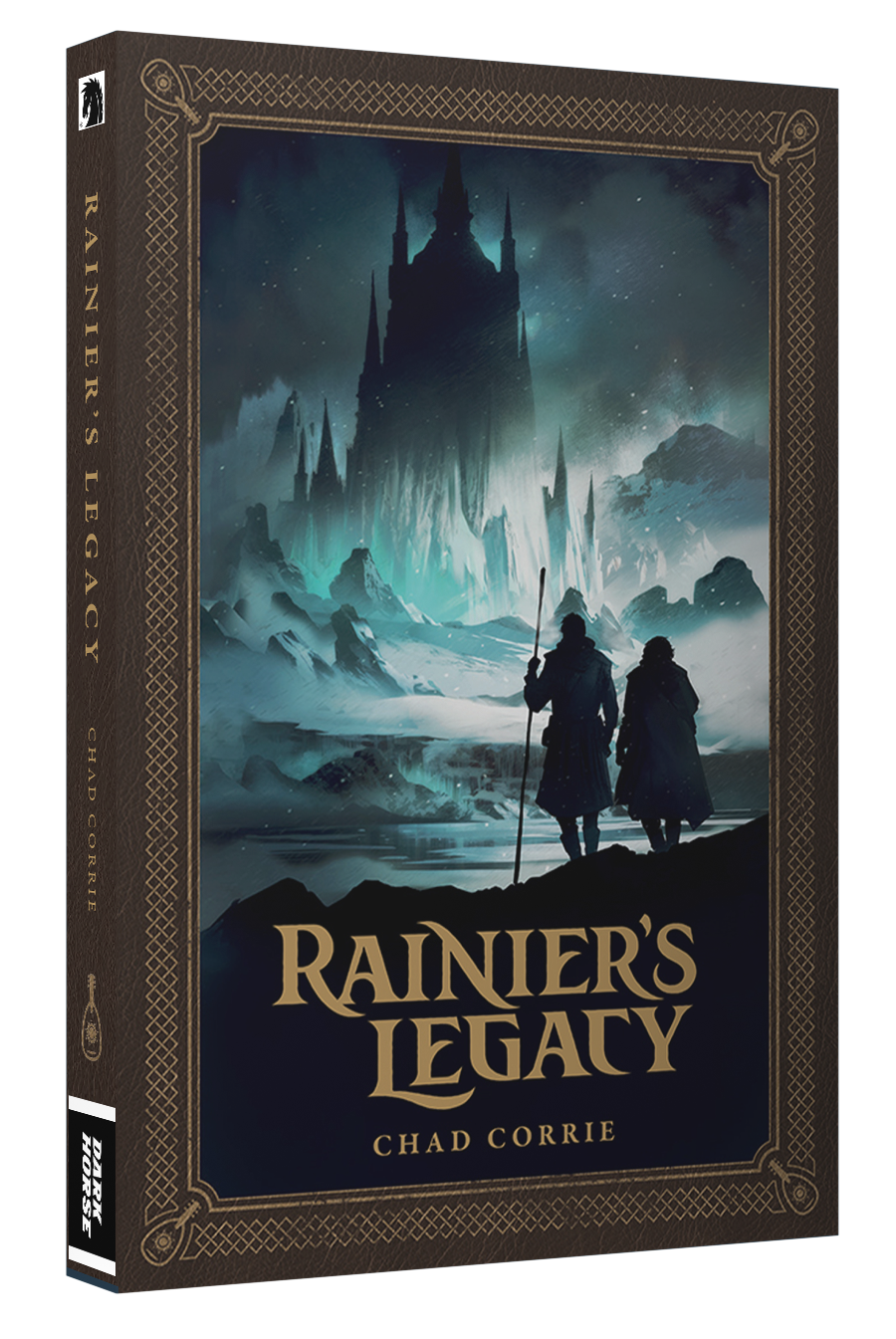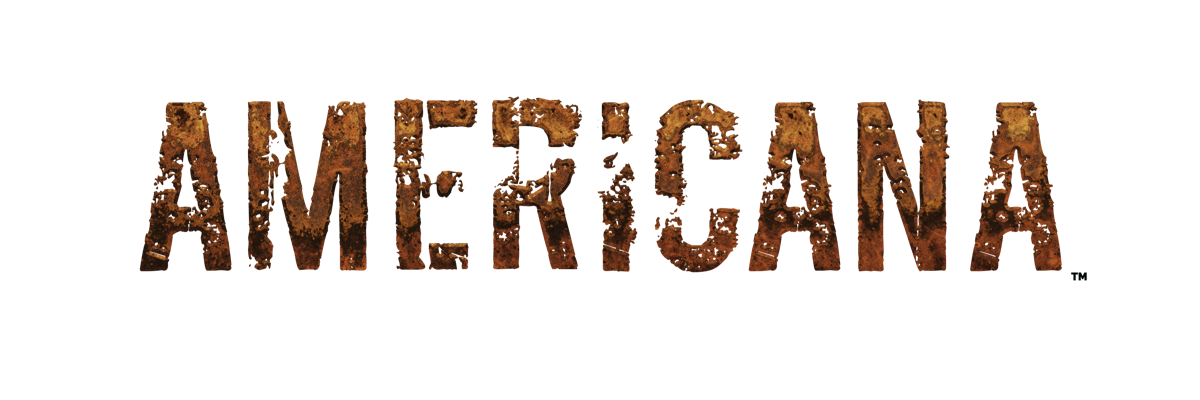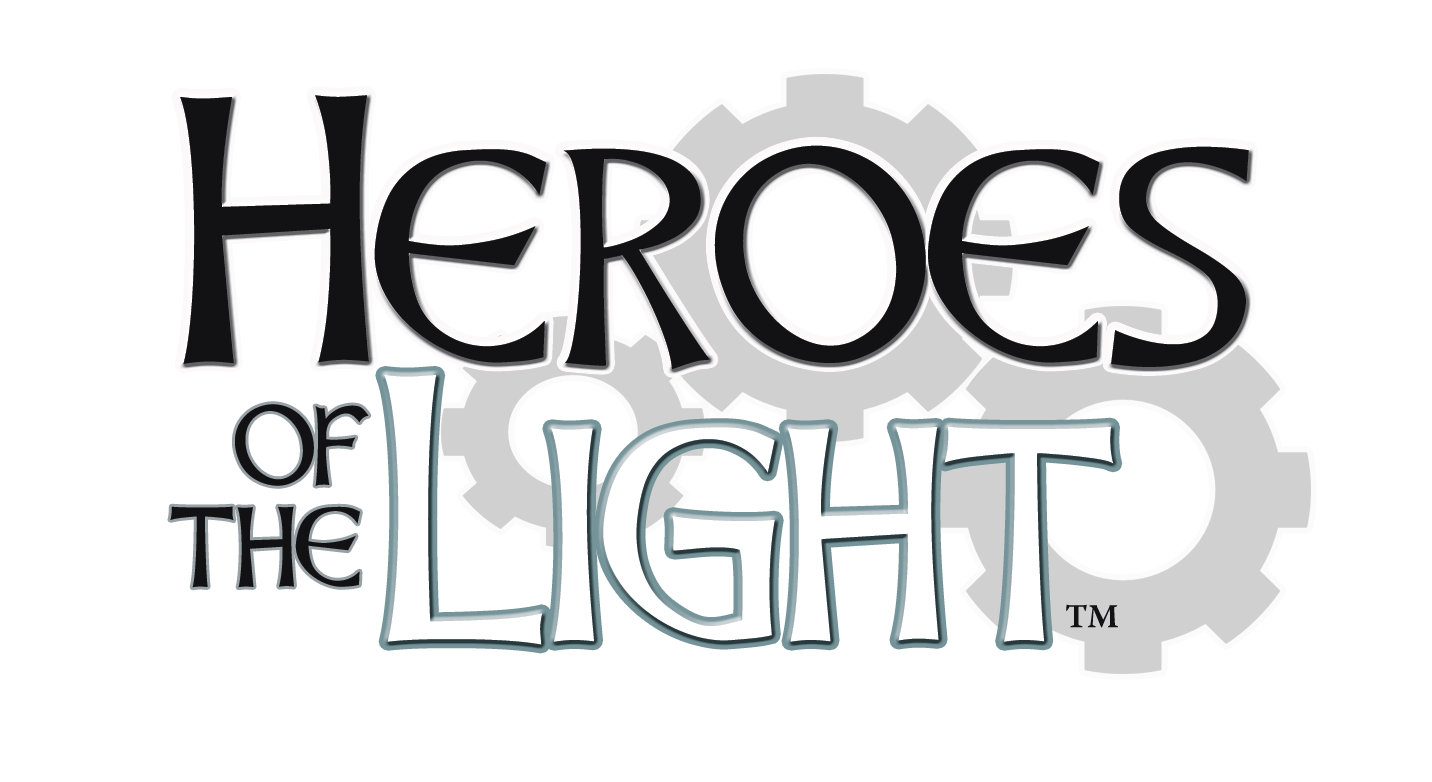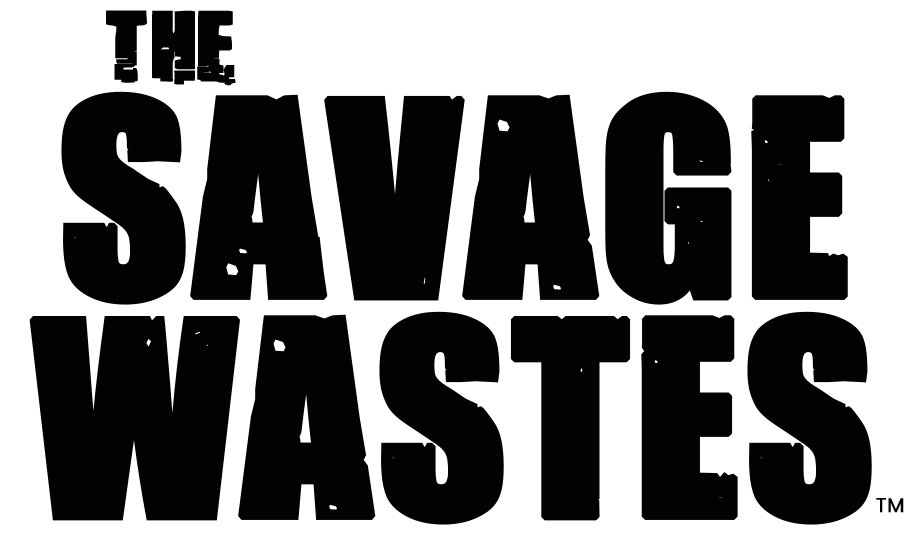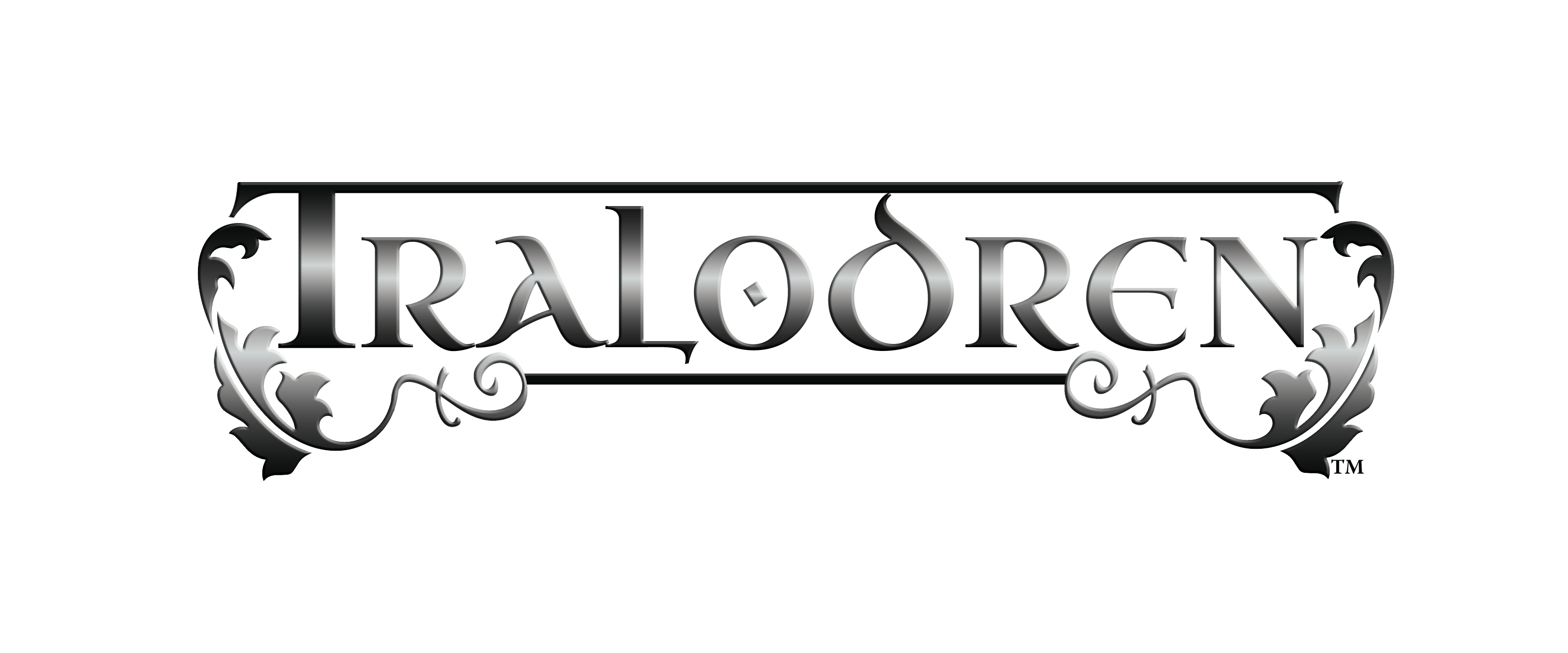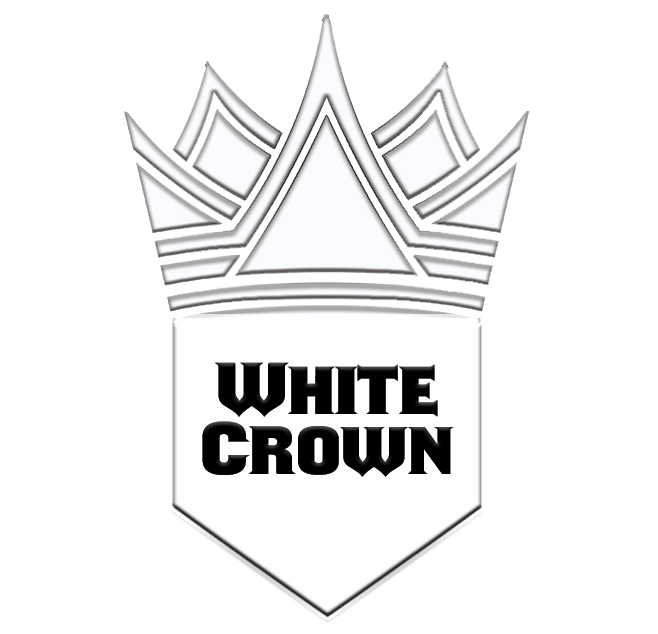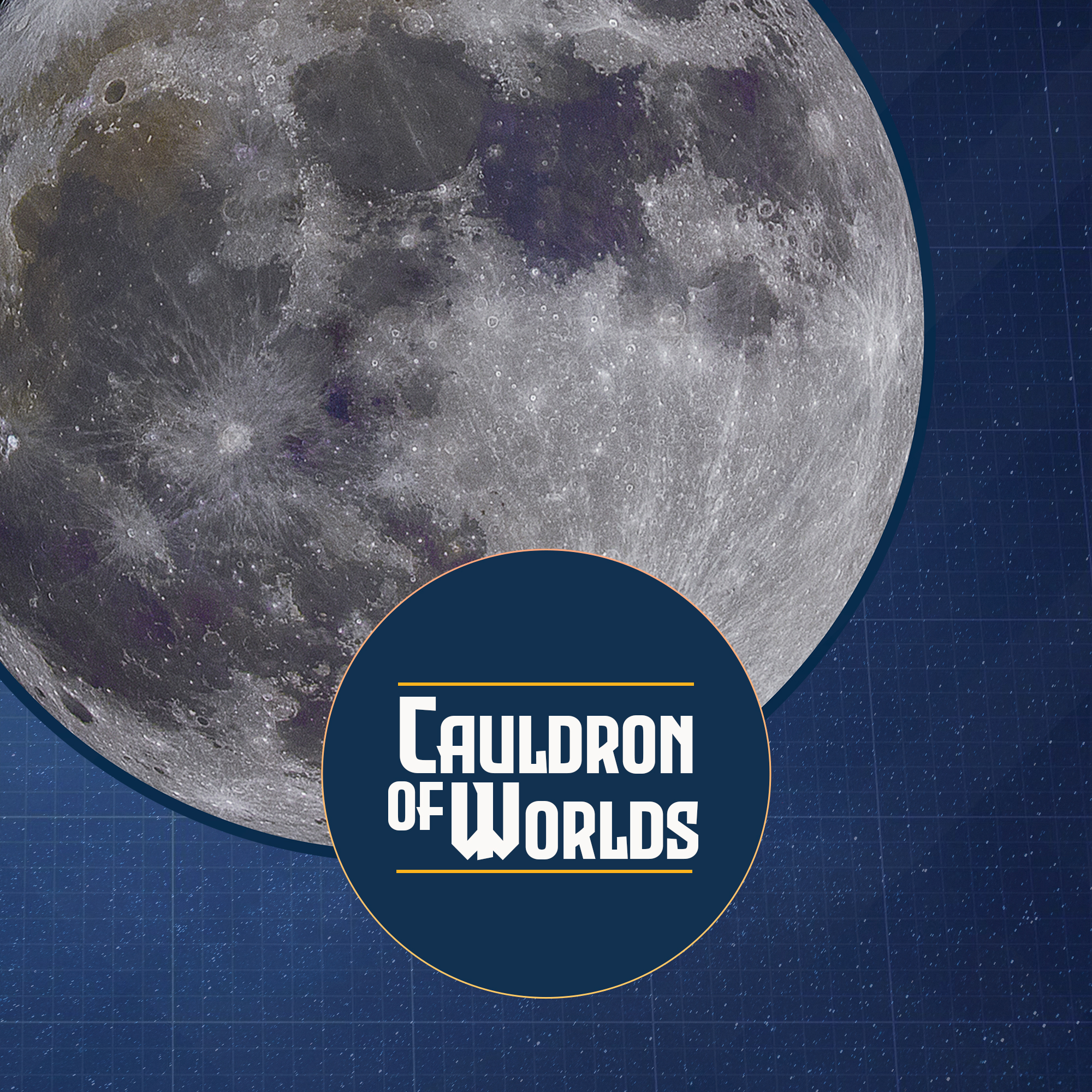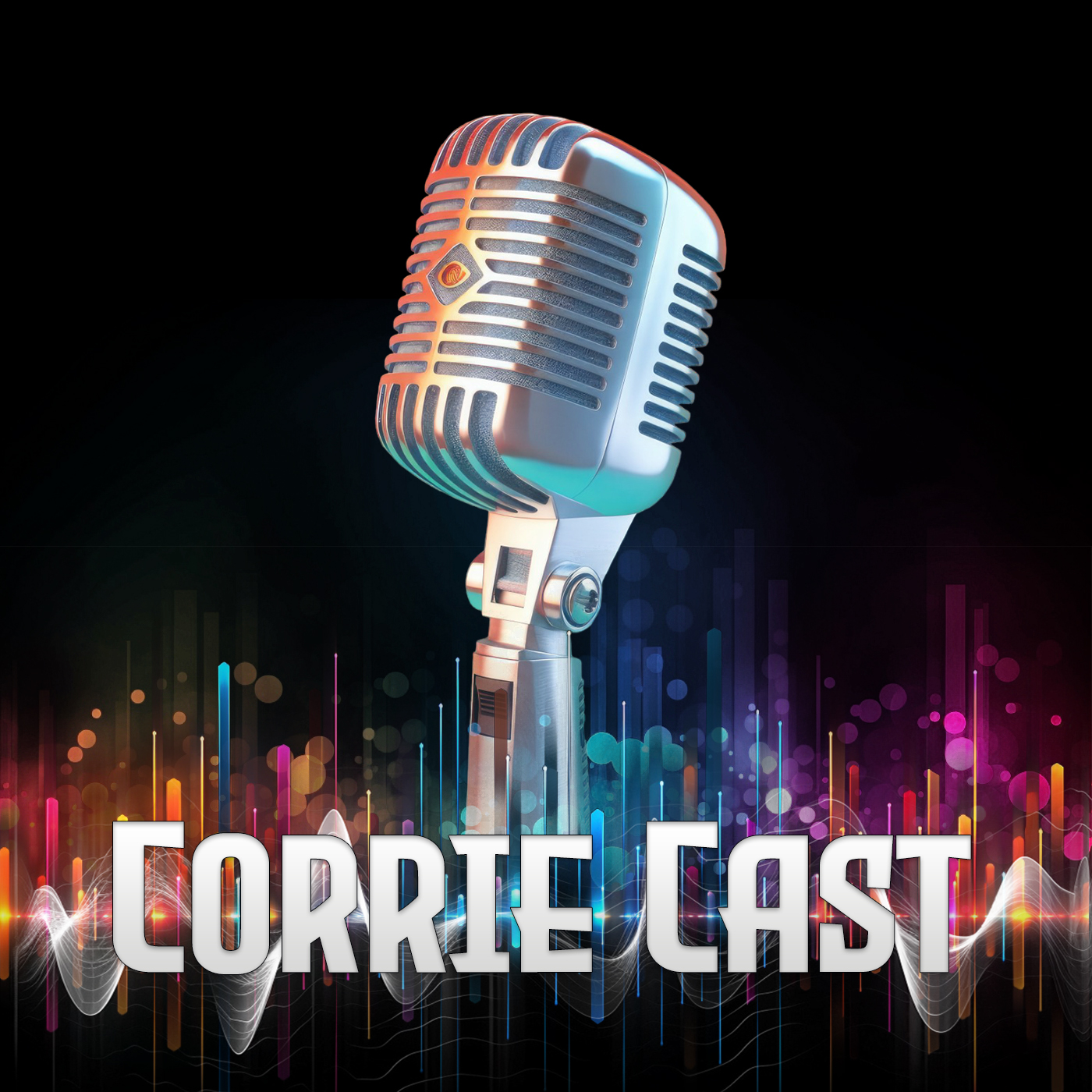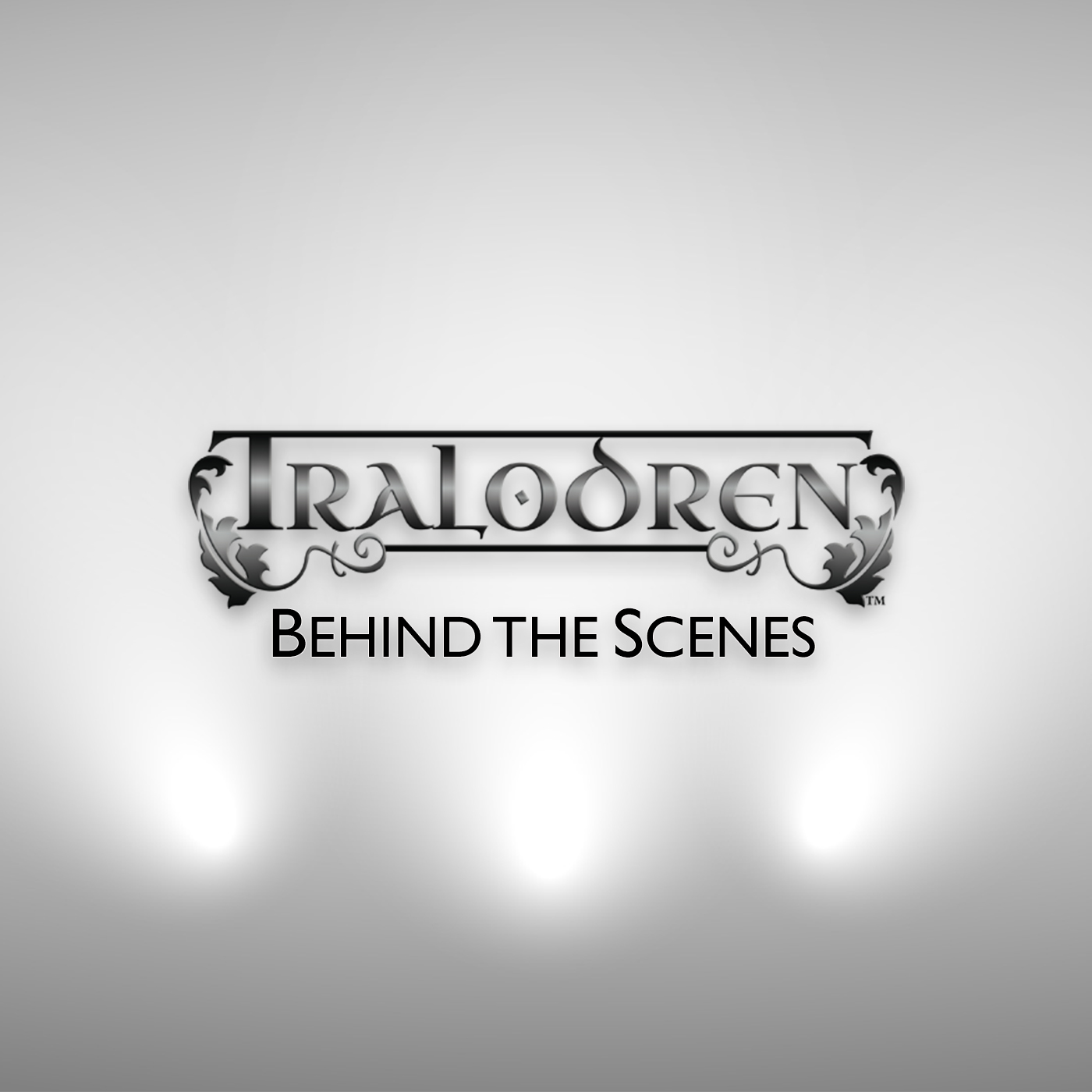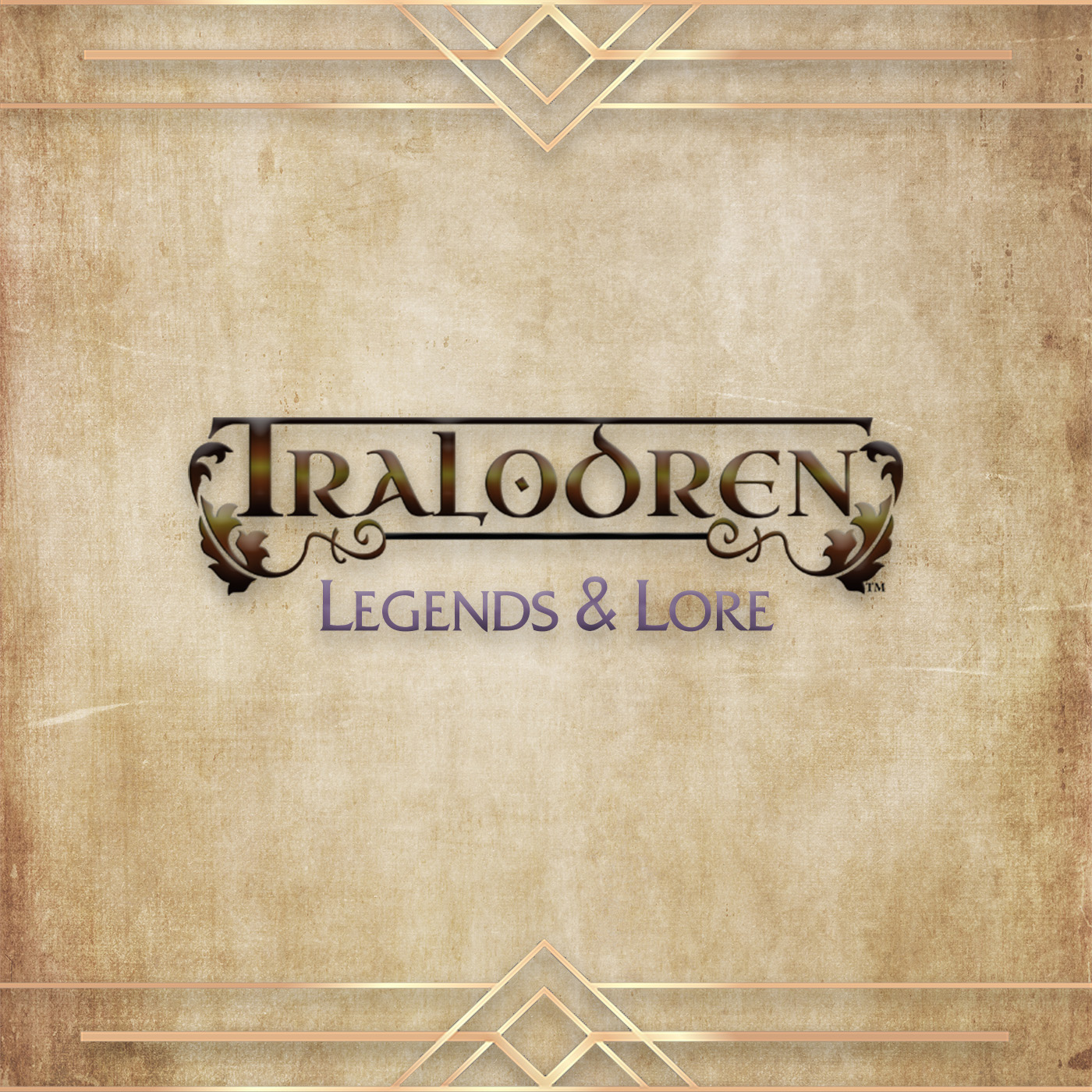KNOWING YOUR VOICE
JULY 2024
© Chad Corrie
When I first started crafting tales I took to several other authors—reading and studying them to see what worked and what I liked in particular. And that’s a common practice for many new authors to undertake as we’re all learning our craft and finding our voice. At some point, however, the idea is the author is suppose to find their voice and move on with it solely, eschewing any other attempts to blend it with any other author’s and making that voice your own. And while that is the ideal several other authors will sometimes be tempted to continue to compare and contrast well into their career, which can often cause confidence issues with said authors who either will never truly have a strong unique voice of their own or always be concerned they don’t measure up in some way and therefore constantly seek to improve or change their own voice in hopes of getting it “perfect.”
And while that is a whole other matter entirely, what I wanted to touch on today is the second thing many authors share regarding their writing voice: defining it for others. Usually this comes via agents, publishers, and the like who are honestly seeking to understand how better to market the author. The idea being if they know who the author writes like they can better pitch/sell/publish them into that market. And it's certainly an idea with merit. But what do you do when the author isn’t sure just who they write like to begin with? Or if they don’t write like anyone in particular?
Thankfully I haven’t been asked this question more than a handful of times over the years. And that’s good since my answer often isn’t that helpful to the questioner—my reply being: “I write like Chad Corrie.” Not the answer they were looking for but it’s an honest one as I haven’t sought to write like anyone else but myself. That isn’t to say I haven’t picked up some things over the years from others or through the common experience of writing in general that has fused and altered how I do things overall, just that once I found a “voice” that was true to me I didn’t seek to deviate too far afield from it.
And that has been the case for a long time now. It’s reassuring in many ways as it gives you confidence and perhaps even patterns and processes you can tap into and use to create a new work or even press through when it might have hit a snare or other roadblock. It’s also something comforting as you can begin to notice the natural ways and rhythms of a “proper voice”, which can help in making sure the story is on track. This is also especially helpful in the final edits when anything that doesn’t mesh with that voice can be better spotted and corrected.
And yet, oddly enough, I sometimes will wonder if there is any other author I might come close to in some way. It’s more curiosity than anything else. Again, I’m not looking to emulate anyone but myself, but knowing a little more about what my voice might be closer to could help in various pitches and marketing attempts—at least that’s what I tell myself. In truth, I don’t really think it’s really that important to know in the first place as I should be focused on keeping the voice clear not being tempted to compare and contrast with other authors’ voices. Or worse yet, have said author comparisons start seeking to influence or alter what has been established now for some time. There is great strength, after all, in knowing your own voice.
See you next month...
